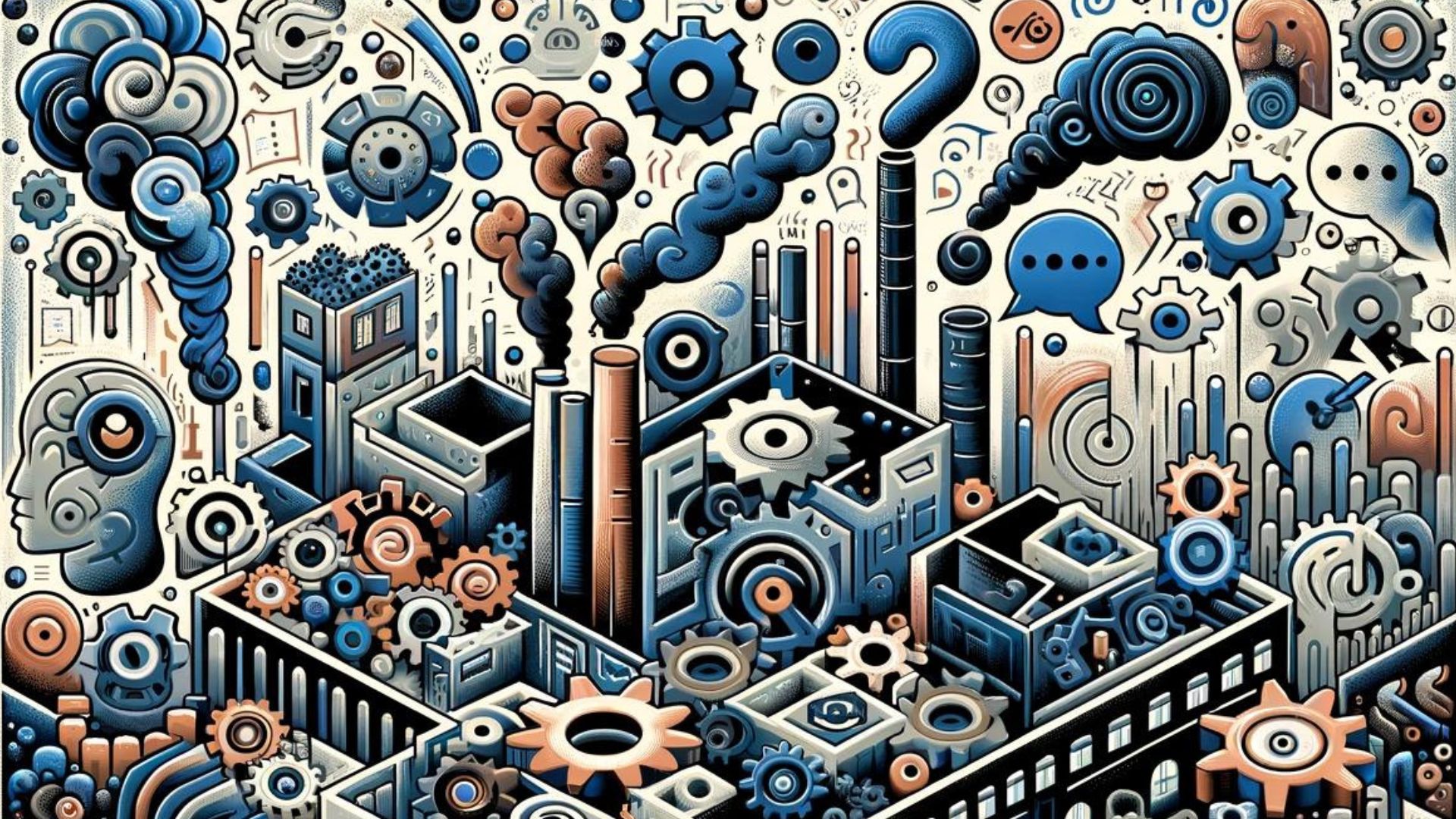Beyond the “Factory” Floor: Mastering Industrial Language
We often casually toss around the word “factory” to describe any place where things are made. However, there’s more to industrial lingo than meets the eye! Using the terms “factory” and “manufacturing plant” with precision adds a touch of knowledge and sophistication to your communication. Let’s delve into the distinctions!
Factory: The Classic Conveyor Belt
Think of “factory” as the traditional image of industrial production:
- Mass Production: Factories often focus on producing large quantities of a specific type of product.
- Assembly Lines: The iconic assembly line is a classic factory element.
- Example: “The textile factory produces thousands of shirts per day.”
Manufacturing Plant: Tech and Complexity
The term “manufacturing plant” suggests a broader scope and potentially more complex operations:
- Diverse Products: Manufacturing plants might create a range of products, not just one type.
- Sophisticated Processes: These facilities could involve advanced technology, research, and specialized production methods.
- Example: “The new semiconductor manufacturing plant is a major investment for the region.”
When “Factory” Falls Short
While “factory” is versatile, it can sometimes sound too simplistic. Here’s when you might need an upgrade:
- Small-Scale Production: A quaint bakery or a craftsman’s workshop likely don’t feel like “factories”
- High-Tech or Custom Goods: Describing a facility producing aerospace components as a “factory” might undersell its complexity.
Mastering the Industrial Lingo
The next time you’re about to describe a place where things are manufactured, consider these factors:
- Scale: Is it a large-scale operation with mass production?
- Complexity: Does it involve advanced technology or diverse product lines?
- Specificity: Would a more precise term highlight a unique aspect of the facility?
Polish Your Word Power
By understanding the subtle distinctions between “factory” and “manufacturing plant”, you’ll elevate your language skills. Your descriptions will become more accurate, and you’ll impress anyone who appreciates the power of precise vocabulary!












0 Comments